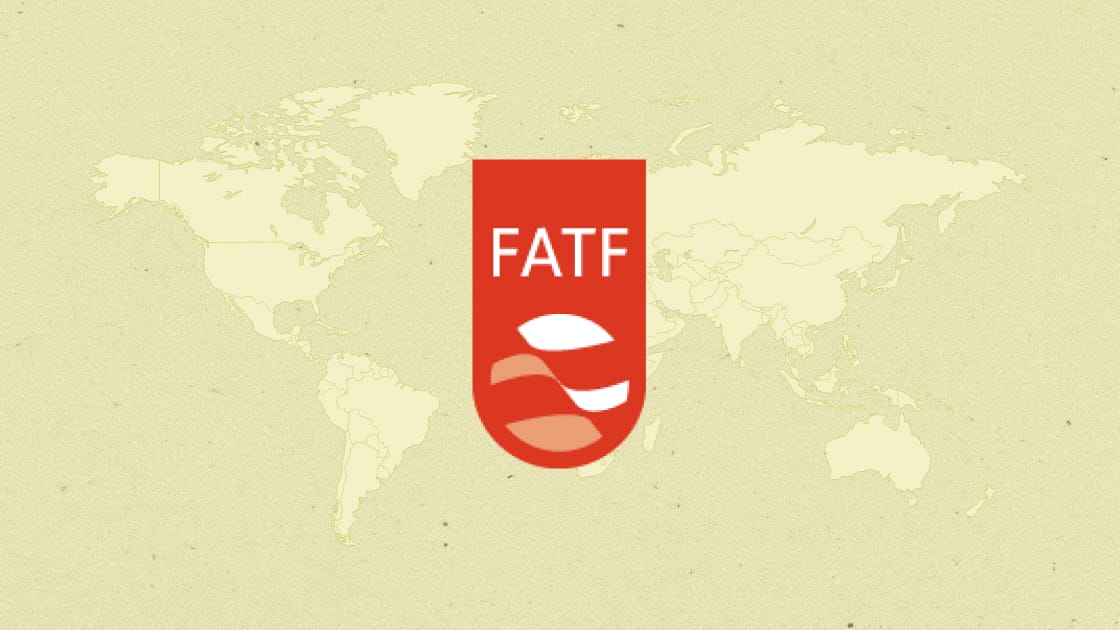Kenya and Namibia join 10 African countries on FATF grey list
This brings the total number of African countries on FATF’s grey list to 12, accounting for approximately 57% of all grey-listed countries.

Kenya and Namibia have been added to the Financial Action Task Force’s (FATF) grey list, meaning these countries need to address the areas that need improvement in their anti-money laundering (AML) and counterterrorist financing (CFT) regimes.
Notably, Uganda was removed from the list, having been grey-listed since 2020.
This brings the total number of African countries on FATF’s grey list to 12, accounting for approximately 57% of all grey-listed countries.
FATF noted that since the mutual evaluation report (MER) in 2022, both Kenya and Namibia have made a high-level political commitment to strengthen their AML/CFT regimes by working with the FATF and Eastern and Southern Africa Anti-Money Laundering Group (ESAAMLG).
Stay up-to-date with the latest blockchain developments in Africa
Kenya
The FATF provided Kenya with eight AML/CFT-related action plans, including developing a regulatory framework for virtual assets (governmental speak for crypto). In summary, FATF is asking Kenya to:
- Strengthen the supervision of financial institutions and designated non-financial businesses and professions (DNFBPs). FATF also recommends establishing a framework for virtual asset service providers (VASPs).
- Improve awareness and compliance among financial institutions and businesses in preventing money laundering and terrorist financing.
- Designate an authority to manage trusts, enforce beneficial ownership transparency, and enhance the use of financial intelligence.
- Increase investigations and prosecutions aligned with money laundering and terrorist financing risks.
What was said: Treasury Cabinet Secretary Njuguna Ndung expressed Kenya’s commitment to adhering to FATF standards.
“We are going to get a lot of technical support from the IMF, World Bank, and the EU has promised critical support, as well as the UK and US.”
He added:
“Remember in 2009/2010, Kenya was going to blacklisting and not even greylisting, we have been there before, and that was why I put up a strong press statement that I was not defending that action but showing where we have come from”.
Namibia
Like Kenya, the FATF also outlined eight areas of improvement in Namibia’s anti-money laundering and counter-terrorism financing risk-based supervision. Here’s a summarized version of the recommendations
- Strengthen inspections and enforce penalties for financial crimes.
- Increase transparency in company ownership and reporting.
- Enhance the Financial Intelligence Unit’s capabilities.
- Improve collaboration between financial and law enforcement agencies.
What was said: The Financial Intelligence Center (FIC), Namibia’s financial crime watchdog, published a press release in response to the country’s addition to the grey list. The agency wrote:
“The FATF grey-listing has several implications for Namibia, including potential negative impacts on foreign direct investment, trade and financial transactions. The IMF guides that FATF Grey-listing negatively impacts up to 6% of a listed country’s GDP. Entities engaging with Namibia may also be required to conduct enhanced due diligence, leading to increased costs and scrutiny.”



